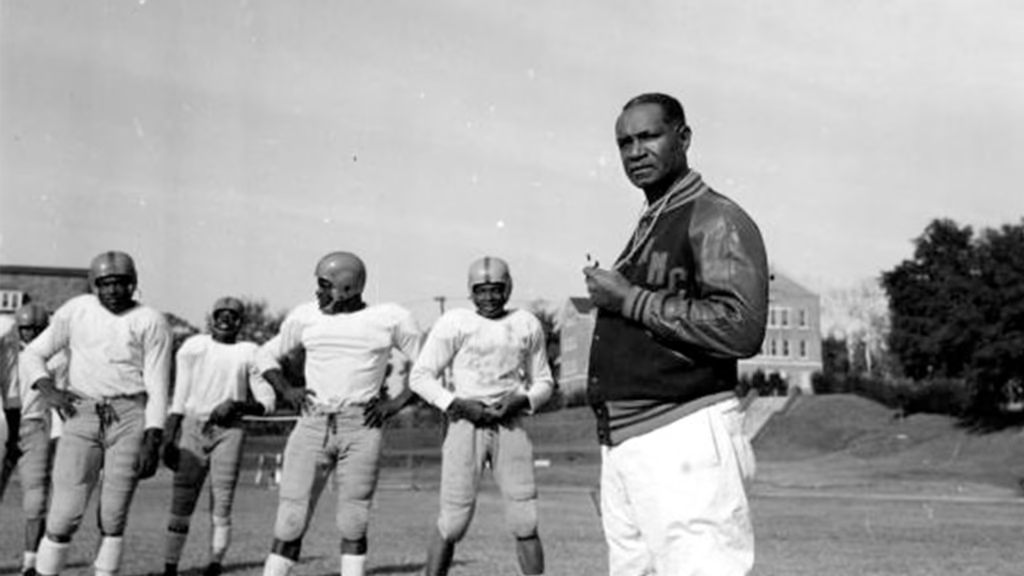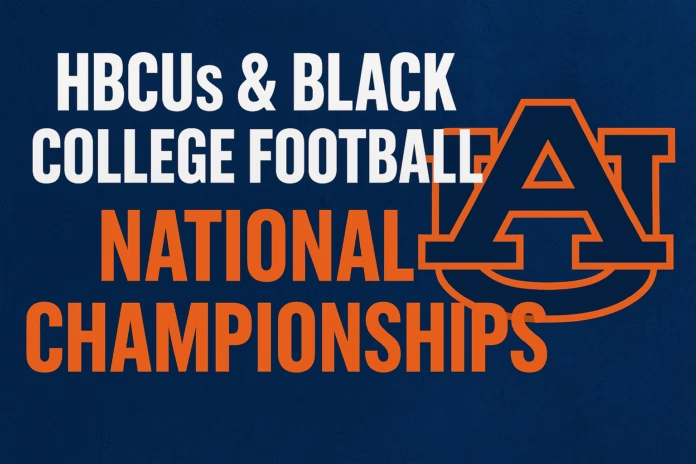Auburn University recently made headlines by officially recognizing four national championships from its football history, long after the seasons were played. This move has reignited an important conversation in college football: should historically Black colleges and universities (HBCUs) also claim their own unclaimed or overlooked Black college football national championships?
For decades, HBCU programs such as Grambling State, Florida A&M, Tennessee State, Jackson State, and Southern University have built proud football traditions. Many of these schools dominated their eras, producing NFL stars and winning games against both HBCU and predominantly white institutions. However, because of segregation, limited media coverage, and the lack of formalized national recognition, countless HBCU seasons went unacknowledged in mainstream polls and record books.

Auburn Sets a Precedent
Auburn’s recognition of past championships shows that schools can retroactively honor their history and give proper credit to players and coaches who built championship programs. If Auburn can validate its legacy by reaching back into the past, HBCUs have just as strong — if not stronger — arguments for doing the same with their Black College National Championships.
Why It Matters for HBCUs
Claiming these titles would not only preserve history but also highlight the impact HBCU programs had on the broader game. For example, Eddie Robinson’s Grambling Tigers produced more NFL talent than many Power Five schools, while Jake Gaither’s Florida A&M Rattlers were widely regarded as one of the most dominant small-college programs in America. These legacies deserve recognition on the same level Auburn and other predominantly white institutions receive when they retroactively crown champions.
Looking Ahead
As college football continues to evolve, the fight for visibility and respect in HBCU athletics remains crucial. By officially claiming Black national championships, HBCUs can correct decades of historical oversight and strengthen their place in the college football conversation.
With Auburn leading the way, the ball is now in the court of HBCUs to step forward and claim their rightful piece of football history.
.

